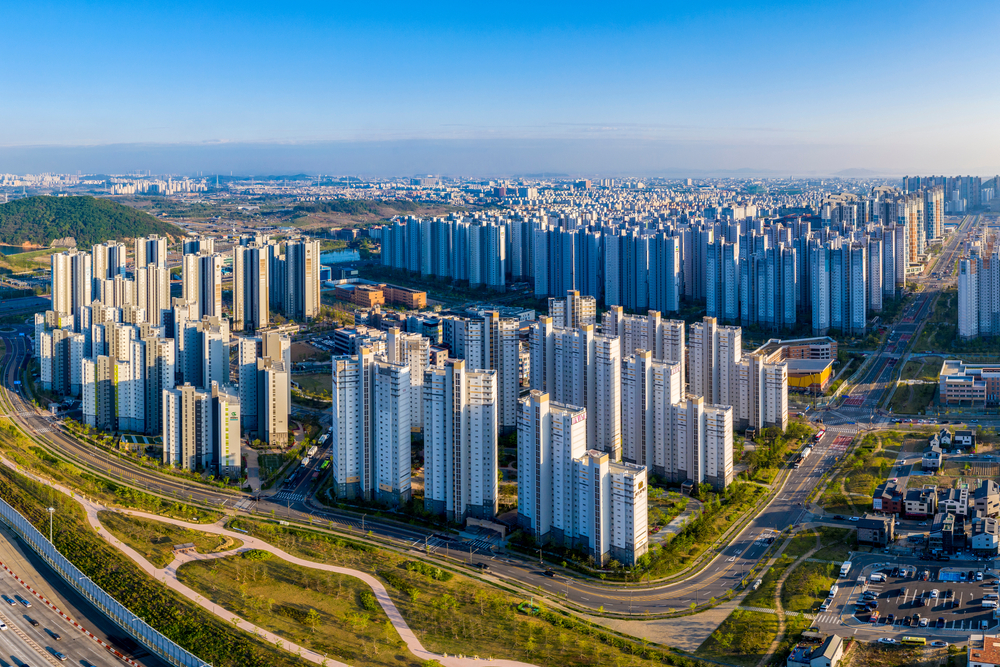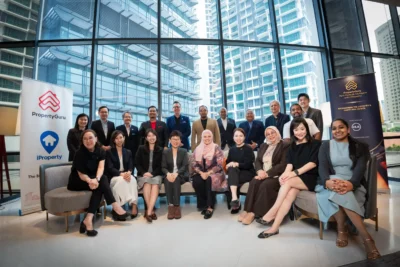Foreigners’ transactions in Korean properties reach a high of 16,405 deals
Incheon ranked first as the area that saw the most active such real estate transactions with 3,056 deals
Foreigners’ real estate transactions in South Korea hit an all-time high, while local buying remains frozen due to a lack of supply and government loan restrictions, reported The Korea Herald.
In efforts to control the country’s snowballing household debt, the government has implemented stricter lending regulations against locals.
This has resulted in some displeasure, seeing the continuity of foreigners’ purchases of high-value apartments.
According to the latest data from the Korea Real Estate Board, foreigners’ transactions in Korean land and properties during January-September totalled 16,405 deals, a record high since data compiling began in 2006.
This number is likely to exceed last year’s annual reading of 21,048, of which last year’s corresponding figure for the January-September period stood at 15,727.
Incheon saw the highest number of transactions with 3,056 deals.
Separate government data released last month indicated that the number of registered foreign landlords here was at 2,394 as of June 2020.
Meanwhile, the number of Korean apartments acquired by foreigners from January 2017 to May 2020 was recorded at 23,167 units, valuing KRW7.6 trillion (USD6.4 billion).
The number of Chinese nationals registered as landlords in South Korea came to 885 out of the 2,394 foreigners, or 37 percent.
US nationals stood at 702 (29.3 percent), while Canadian nationals came to 269 (11.2 percent) in the same period.
The growth in foreign transactions has fueled voices to adopt stricter regulations.
The Ministry of Land, Infrastructure, and Transport introduced its plans to compose and submit a revision bill that would require foreigners to file documents with their alien registration number, purpose, and duration of their stay.
More: South Korea and Italy join hands in green energy and biotech
Such information has not been mandatory in acquiring property here so far.
Foreign investors can also dodge the strict loan restrictions, as they could borrow money from abroad and invest it here, critics claimed.
The Property Report editors wrote this article. For more information, email: [email protected].
Recommended
6 reasons Bekasi is rising as Greater Jakarta’s next hotspot
One of Greater Jakarta’s rising stars is prospering, thanks to ample recreation and a contingent of desirable housing projects
6 developments driving Asia’s green real estate shift
Developers are being incentivised to push a green agenda into daring new realms
The Philippines’ LIMA Estate drives sustainable industrial growth
LIMA Estate models a citywide vision that uplifts workers while appealing to climate-conscious employers
Malaysia property market rebounds with foreign interest and growth
The nation’s property market is stirring to life, fuelled by foreign buyers and major infrastructure drives








